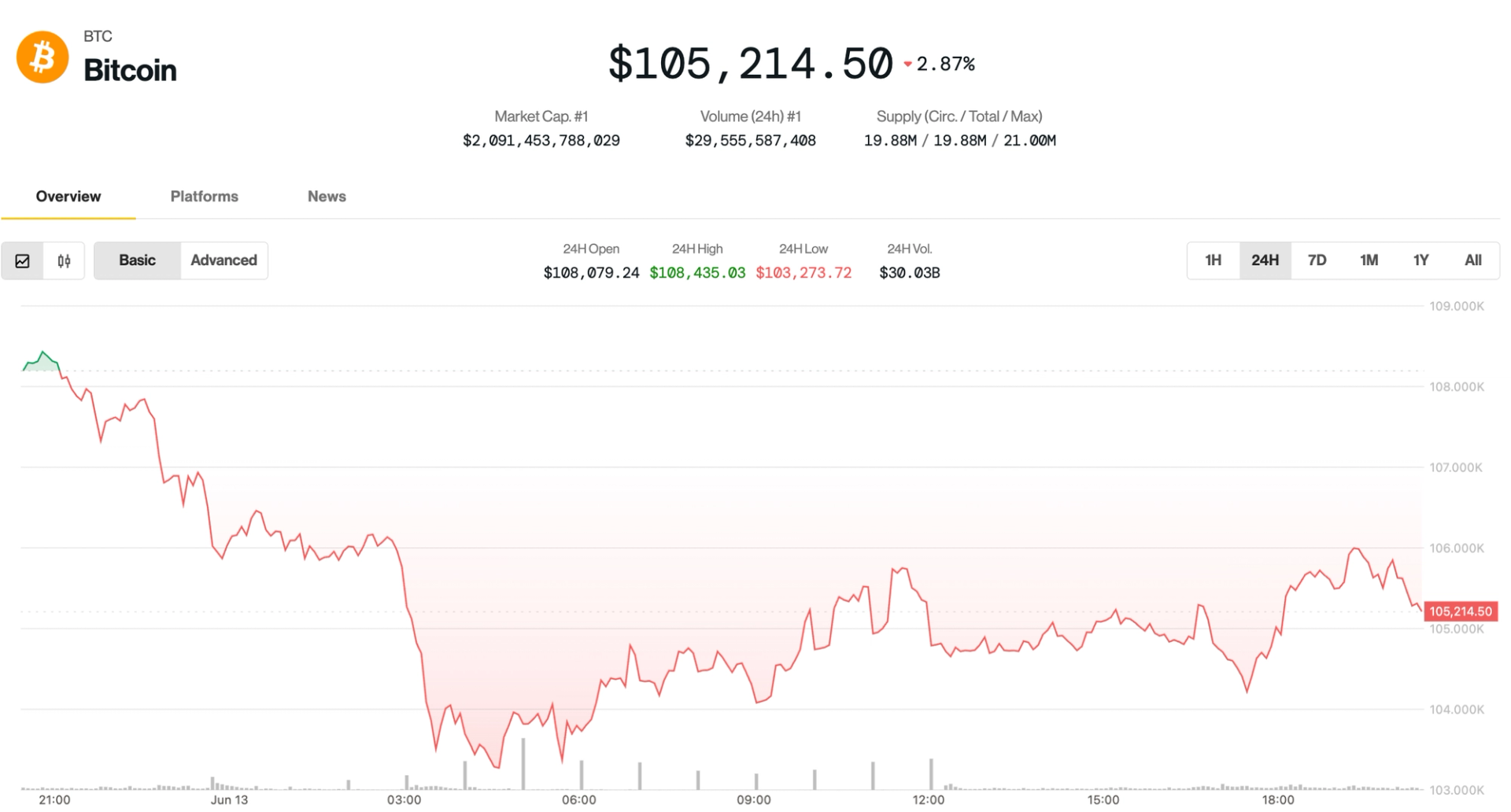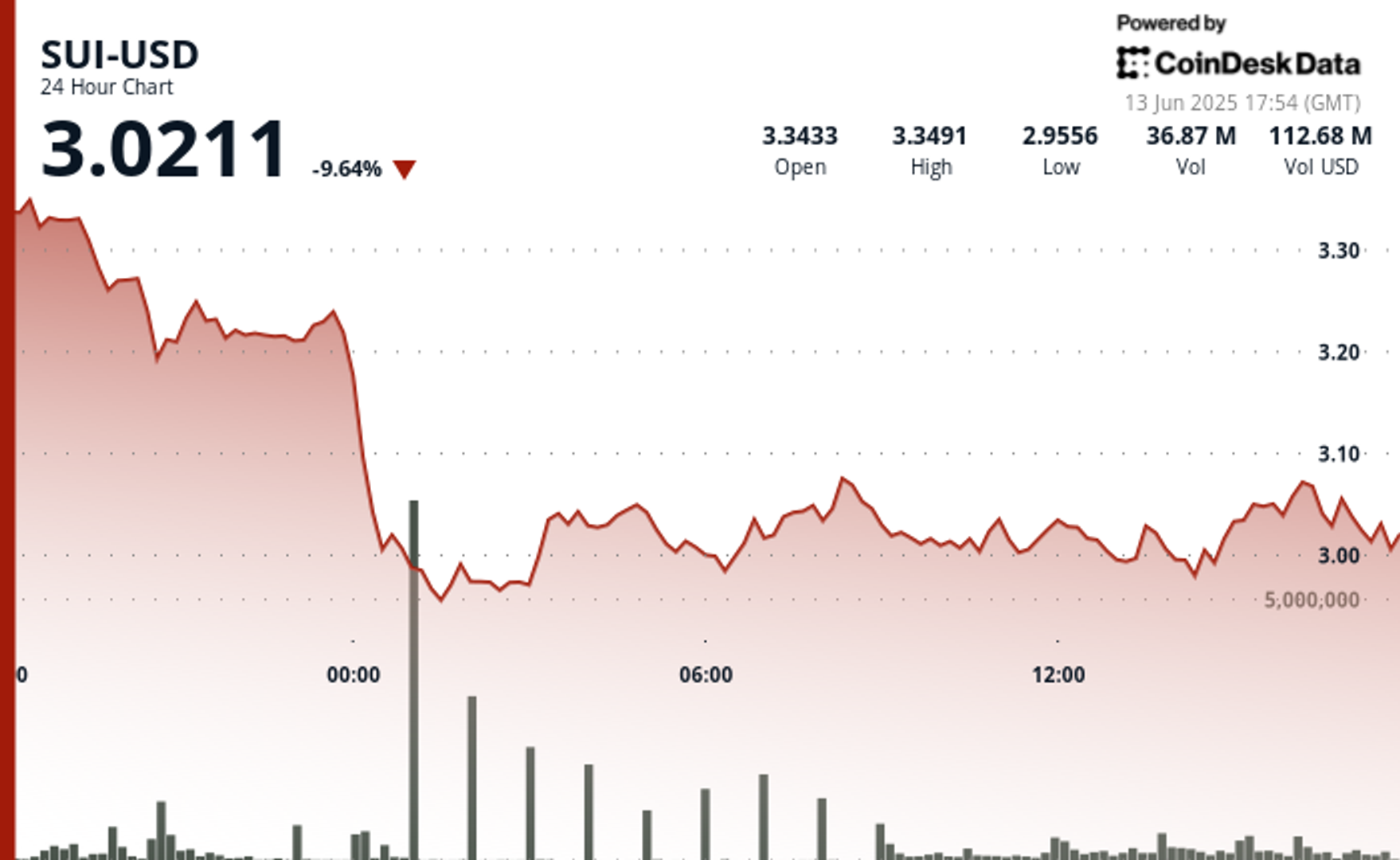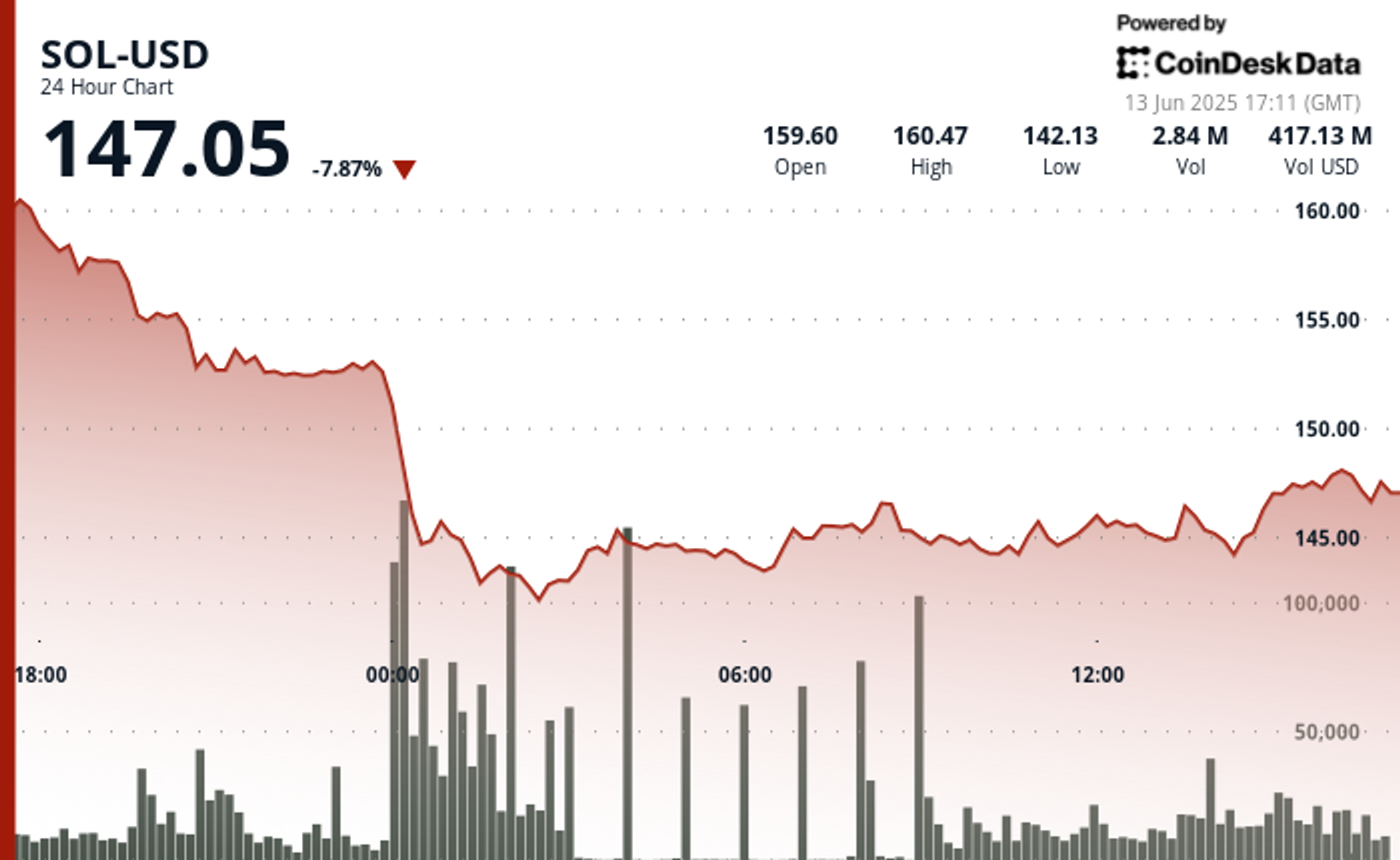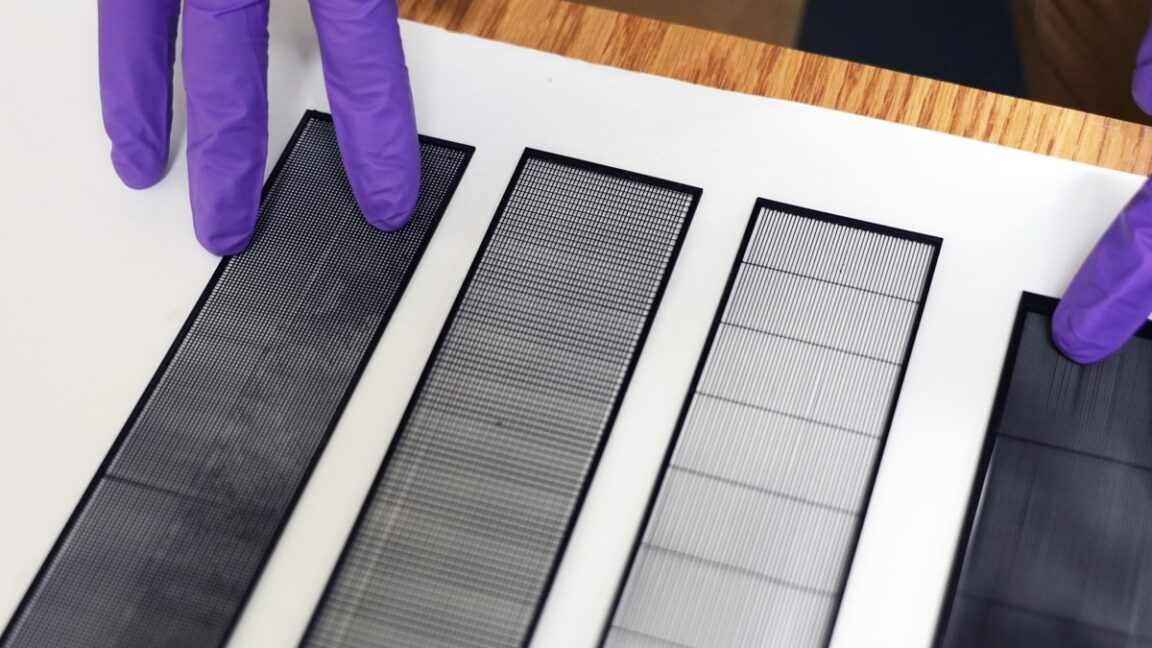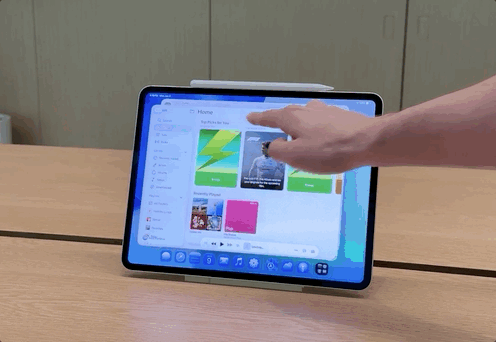This Dehradun startup’s portable ECG device can detect cardiac issues and give risk alerts in minutes
Sunfox Technologies’ flagship product Spandan uses an AI algorithm to deliver ECG interpretation and risk alerts within minutes, enabling timely referrals even in remote areas with limited medical expertise.


Although India has progressed considerably in medical technology, there are significant challenges in providing quality cardiac diagnostics to people living in remote rural and semi-urban areas.
Limited infrastructure, high treatment costs, and lack of access to facilities result in delayed diagnosis and treatment, leading to fatalities which could have been otherwise prevented.
The World Heart Federation reports that cardiovascular diseases account for 26% of deaths in India, where timely access to diagnostics and interventions is a huge challenge.
Dehradun-based medical technology startup Technologies aims to address this critical issue with a portable ECG device that can diagnose cardiac abnormalities and give risk alerts in a matter of minutes.
Founded in 2016, Sunfox Technologies focuses on developing accessible and affordable healthcare solutions, with a core specialisation in portable ECG devices that diagnose cardiac abnormalities.
Led by a personal tragedy
Rajat Jain, a mechanical engineer by training, was driven to action after losing a close friend to a heart attack.
“It was a life-altering moment. Despite being educated and technically equipped, I realised how unprepared we are in the face of cardiac emergencies,” reflects Jain, Founder and CEO, Sunfox Technologies.
This realisation led him to set up Sunfox Technologies, along with his college friends Arpit Jain, Saurabh Badola, Nitin Chandola, and Sabit Rawat.
“The real issue isn’t just heart disease, it’s the lack of diagnostic infrastructure, especially in rural India. India doesn’t just need more healthcare; it needs healthcare in places where it doesn’t exist today. That’s the challenge we committed to solving,” says Jain.
Prior to starting Sunfox, Jain had stints at Geumotorsports, DRDO, and a tech incubator. He had also co-founded dairy-tech firm Paper Pro.
With no established startup ecosystem in the healthcare sector and minimal support for hardware innovation in Dehradun, Sunfox began its journey “against all odds.”
Back then, Jain and his team ventured into what was referred to as a ‘graveyard market’—the Indian medical devices and hardware sector, which had high entry barriers such as strict regulatory compliance, high capital investment, and complex approval processes. It was also a market dominated by imported products, with limited access to clinical testing infrastructure. Sunfox Technologies Team
Jain says, “Operating in a space dominated by international players and flooded with Chinese imports and rebranded devices, we also faced constant skepticism about the credibility of Indian-built medical technology.”
Overcoming these challenges, Sunfox became the first officially registered startup in Uttarakhand in 2016, with a registration number of 001.
Innovation in cardiac diagnostics
Sunfox’s flagship product is Spandan, a portable, AI-powered ECG device designed to overcome the barriers of access and affordability in cardiac care.
Weighing under 50 grams, Spandan can be paired with a smartphone via a cable or Bluetooth to display and analyse readings, essentially turning the smartphone into an ECG machine, thus replacing bulky ECG machines.
The device can detect over 40 cardiac abnormalities, including arrhythmias (irregular heartbeats), myocardial infarctions (heart attacks), tachycardia (abnormally fast heart rate), bradycardia (abnormally slow heart rate), ischemia (reduced blood flow to the heart), and premature ventricular contractions (early extra heartbeats).
“We engineered Spandan to be extremely user-friendly so that frontline health workers with minimal training could operate it. Its intuitive icon-driven app interface works completely offline and is language-agnostic,” Jain notes.
The device captures the heart’s electrical signals, while the smartphone processes and visualises the data, enabling fast and accurate results in just two minutes,” he adds. Sunfox's portable device Spandan
Spandan leverages an embedded AI algorithm to deliver ECG interpretation and risk alerts. It aids in clinical decision-making, especially in settings without access to cardiologists, by indicating the need for immediate medical attention, specialist consultation, or routine monitoring.
Designed for field use, it’s lighter and more compact than traditional ECG machines, which typically weigh 5–7 kilograms and require larger infrastructure and trained personnel to operate them.
Sunfox has also developed one of the world’s smallest ECG devices weighing just 15 grams. This ultra-portable version fits seamlessly into medical kits and pockets.
Spandan devices cost Rs 7,000 to Rs 10,000, compared to conventional machines which cost Rs 50,000 to Rs 2 lakh.
Timely detection and assistance
Sunfox is embedding ECG technology across homes, clinics, and hospitals. The startup is a major supplier of portable cardiac diagnostic tools to the Indian Army as well.
By 2024, Spandan had been used by over 30,000 individuals across 20 countries, spanning Africa, Southeast Asia, and Latin America.
“We are committed to ensuring that cardiac diagnostics are available at every level—from home settings to frontline field units,” Jain states. “This helps bridge gaps in access and enables timely care.”
He estimates that Sunfox’s devices have contributed to saving more than 10,000 lives by enabling early detection of cardiac conditions.
Jain cites the example of a screening camp held in Kedarnath in 2022, in collaboration with Max Superspeciality Hospital (Dehradun) and Sir Ganga Ram Hospital (Delhi). Around 1,500 pilgrims were screened using Spandan. This initiative helped identify 163 individuals with cardiac abnormalities.
“Our work in Kedarnath proved that accessible diagnostics could save lives and transform communities. Heart care needs to be as simple and commonplace as checking your temperature,” says the founder.
Field trials by the startup in Uttarakhand have demonstrated that primary health workers can screen over 100 patients per day with Spandan, effectively bypassing the need for expensive infrastructure.
Sunfox is also collaborating with government healthcare programmes, NGOs, private diagnostic chains, and rural entrepreneurs in the state to distribute Spandan. During the COVID-19 pandemic, the startup supplied its portable device to 1,200 ambulances to facilitate on-the-move cardiac screening in Uttarakhand.
Growth and market opportunity
Sunfox’s devices are manufactured at a fully integrated 6,000-square-foot facility in Dehradun. The facility also houses R&D, testing, and assembly operations.
“Vertical integration allows us to maintain tight control over quality, reduce costs, and innovate rapidly,” says Jain.
Sunfox clocked an annual recurring revenue of Rs 12 crore in FY2024; about 75% of revenue is generated from clients in India, while exports and institutional partnerships account for the remainder. It holds four patents related to bio-signal processing, data compression, and predictive diagnostics; more patent applications are underway.
The startup was bootstrapped for five years with funding from freelance projects, technical services, and side gigs. In August last year, it raised Rs 15 crore in a pre-Series A round led by Venture Catalysts, supported by investors such as Finvolve’s IA Growth Opportunities Fund I, Brew Opportunities Fund, Universal Group, and RP Singhvi Group. It has raised Rs 25 crore till date.
About Rs 5 crore has come from USAID’s SAMRIDH Health programme, Rs 1 crore from Shark Tank India investors (Peyush Bansal, Namita Thapar, Anupam Mittal, Vineeta Singh, and Ghazal Alagh), and Rs 1.8 crore in non-dilutive grants.
Currently, Sunfox has a team of about 110 employees.
The India electrocardiograph (ECG) market is projected to reach $103.27 million by 2030, growing from $72.92 million in 2025, according to Mordor Intelligence.
Sunfox has ambitious plans to tap into this market opportunity. It is leveraging AI models trained on 2.5 million ECG datasets to pioneer predictive diagnostics capable of forecasting cardiac risk up to 12 months in advance.
Jain envisions a paradigm shift: “Our ambition is to move from reactive diagnosis to proactive prevention. Imagine detecting heart disease six months before symptoms appear—that would revolutionise cardiac care.”
The startup is also developing wearable biosensors and remote monitoring platforms integrated with Spandan, tailored for rural hospitals and telemedicine applications, to support continuous cardiac health monitoring in high-risk populations.
Edited by Swetha Kannan





![X Highlights Back-To-School Marketing Opportunities [Infographic]](https://imgproxy.divecdn.com/dM1TxaOzbLu_kb9YjLpd7P_E_B_FkFsuKp2uSGPS5i8/g:ce/rs:fit:770:435/Z3M6Ly9kaXZlc2l0ZS1zdG9yYWdlL2RpdmVpbWFnZS94X2JhY2tfdG9fc2Nob29sMi5wbmc=.webp)










































































































